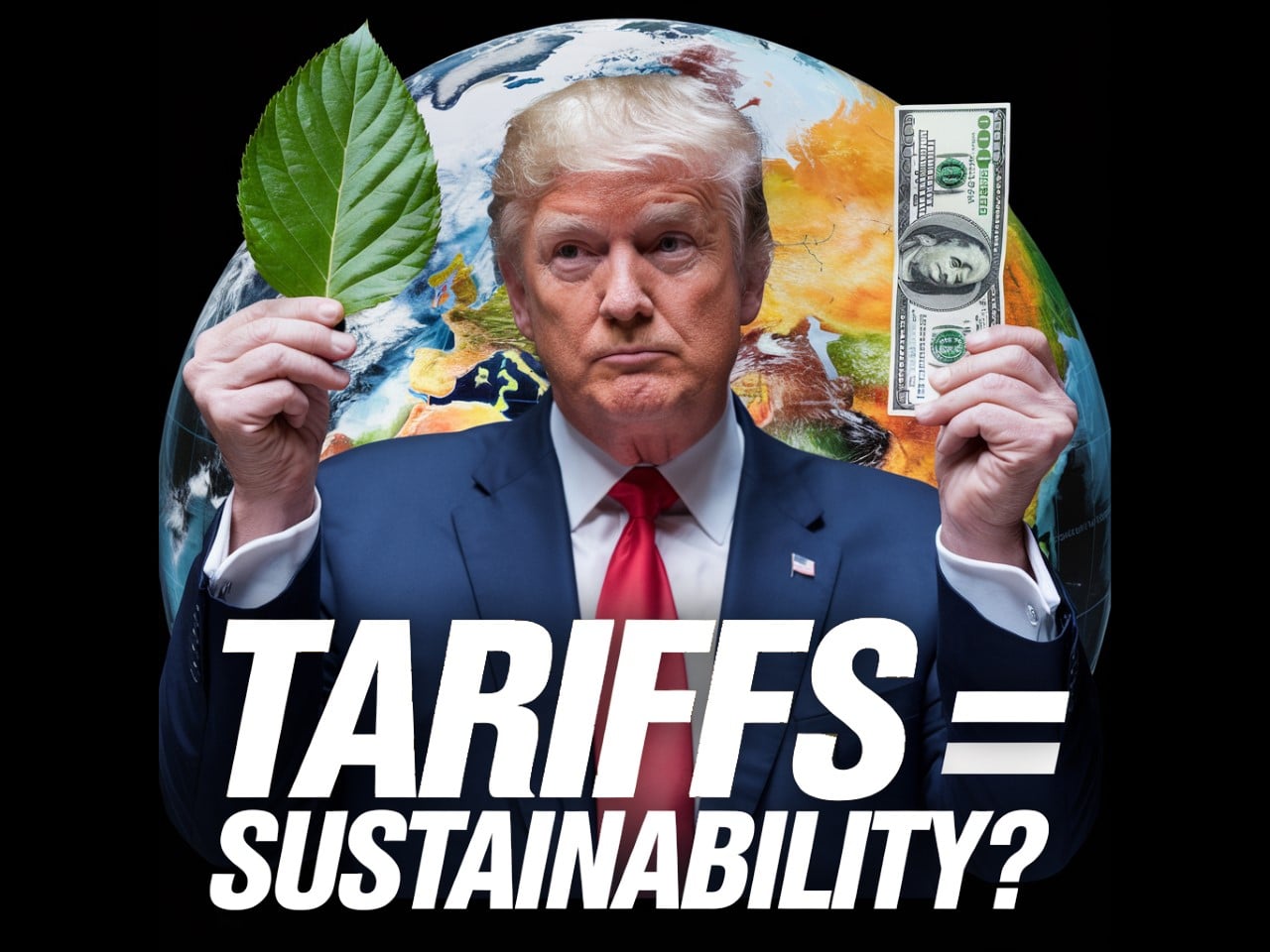Trump’s overreach risks a constitutional crisis
Not even 100 days into Trump's second term, it’s clear that the administration is running the very real risk of overstepping its constitutional and political bounds.

President Trump entered the White House believing that he had a large mandate to drastically reshape American domestic and foreign policy, and especially the role of the federal government.
Now, not even 100 days into Trump's second term, it’s clear that the administration is running the very real risk of overstepping its constitutional and political bounds.
And his focus on retribution against perceived political enemies opens the door for future Democratic presidents to retaliate against Trump or his allies.
As Holman Jenkins raised in the Wall Street Journal last week, there is the very real possibility that Trump’s actions lead to an unprecedented third impeachment.
To be sure, Trump’s overreach also risks undermining the rest of his term.
Americans wanted strong, stable leadership, which is why they elected Trump.
But, as Karl Rove noted, Americans are increasingly exhausted due to the never-ending parade of headlines and seemingly daily policy shifts being thrown at them from a directionless White House.
Further, Trump continues to show contempt for limits on presidential power in his quest to radically remake the federal government.
Indeed, in just the past three weeks: Trump’s unpredictable tariff policies sent financial markets into a tailspin, he is reportedly looking to fire Federal Reserve Chair Jerome Powell, the administration is ignoring a unanimous Supreme Court ruling to return a wrongly-deported migrant and is essentially trying to put private universities under the supervision of the federal government.
Moreover, Trump’s preference for governing by executive order often crosses the line into usurping powers reserved for Congress.
Consider tariffs. Constitutionally, Congress — not the president — has the power to regulate trade, but Trump seized this power by declaring trade deficits to be a “national emergency,” thus enacting tariffs via executive order, sidestepping Congress.
All of the self-generated disorder has caused Trump’s approval rating to decline significantly since the inauguration, a gift for Democrats.
Despite still struggling to overcome their own poor ratings, they are being assisted by the chaos Trump is causing.
Having begun his second term with 51 percent approval versus 44 percent disapproval, those numbers have now reversed.
One-half (50 percent) of Americans now disapprove of his job performance, compared to 47 percent who approve — a net 10-point decline in less than 100 days, per RealClearPolitics polling aggregator.
Worse still, his approval on the economy, his signature campaign issue, is sinking.
According to CNBC’s most recent All-America survey, 43 percent of Americans approve of Trump’s handling of the economy, while a majority (55 percent) disapprove.
Similarly, on the issue of inflation and lowering the cost of living, less than 4-in-10 Americans (37 percent) approve of Trump’s approach, versus 60 percent who disapprove.
It is possible that economic sentiment improves if Trump is able to pass his long-awaited tax cuts, however, that will do little to address the fundamental issues of Trump’s overreach.
To that end, Trump’s disdain for the judicial branch — or any checks on his power — is not only unprecedented, but risks engendering a true constitutional crisis.
The administration is publicly calling on federal judges who rule against it to be impeached, a severe violation of constitutional and legal precedent befitting a banana republic, not the United States of America.
Chief Justice John Roberts took the rare step of rebuking the administration for its efforts, but it’s unlikely to have any impact on such behavior.
That being said, the starkest examples of Trump’s disregard for limits on presidential power were evident last week.
First, there was the case of Kilmar Armando Abrego Garcia, whom the administration admitted was wrongly deported, and is now in El Salvador’s notorious CECOT prison.
Federal judges, including the Supreme Court in a 9-0 ruling, have ordered the administration to “facilitate” Garcia’s return, but sitting with El Salvador’s President Nayib Bukele, Trump doubled down on his refusal.
The administration has claimed Garcia was a gang member, but in deporting him without due process and now thumbing its nose at the Supreme Court, Trump is eroding the system of checks and balances our democracy depends on.
In that same vein, Trump continues to assert that he has the power to fire Jerome Powell, despite the immense damage that would do to the American economy.
As recently as Thursday, Trump said that he would be able to remove Powell if he wanted to, but that would be an unprecedented — and likely illegal — move.
The Fed’s independence is guaranteed by law, and Trump’s desire to fire Powell because he refuses to bend to Trump’s politically motivated desire for lower interest rates would destroy faith in American financial markets.
Finally, there is the brewing legal battle between Trump and elite universities, led by Harvard.
Make no mistake, Harvard and other universities should be punished for failing to protect Jewish students, and some of the administration’s demands, such as requiring stricter discipline for students who break the law, are fully within their power.
However, many others far exceed what the Constitution allows. For example, requiring Harvard to implement “viewpoint diversity” by directly intervening in hiring and firing decisions or ordering the school to reduce “governance bloat” are far outside of constitutional limits.
One consequence of Trump’s erratic overreach is that it has overshadowed the administration’s genuine successes in some areas.
Border crossings are down 95 percent compared to the Biden administration, but the administration has little time to herald those numbers because they’re jumping from one “crisis” to the next.
To that end, Trump is seemingly determined to govern via executive order — he has already signed nearly 130 — as opposed to legislation.
Not only is this a distortion of how the government is supposed to work, but it opens the door for the next president to undo everything, contributing to chaos down the road.
Douglas E. Schoen is a political consultant who served as an adviser to President Clinton and to the 2020 presidential campaign of Michael Bloomberg. His new book is “The End of Democracy? Russia and China on the Rise and America in Retreat.”









































































